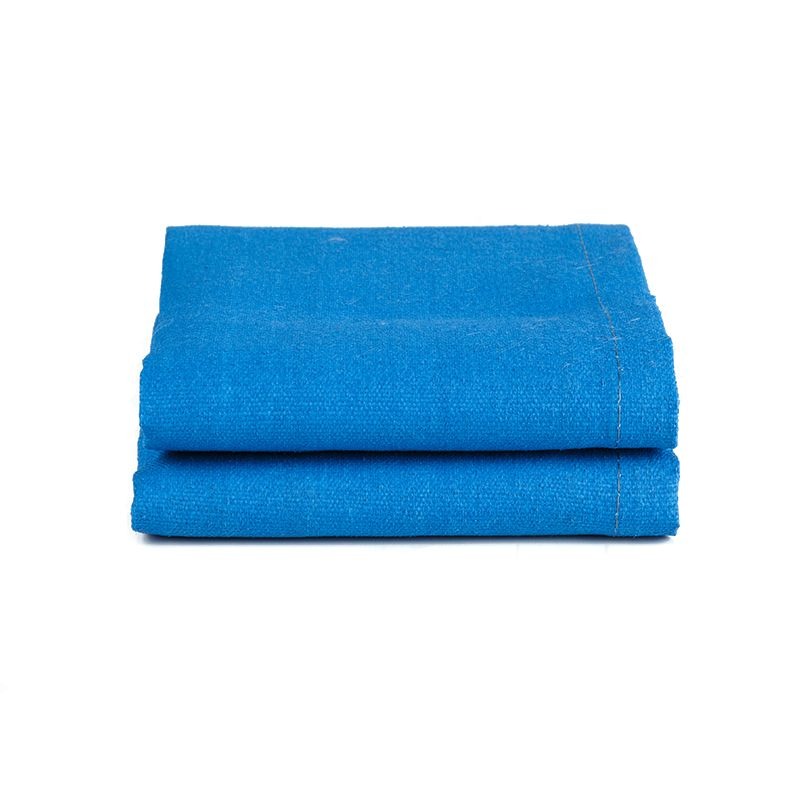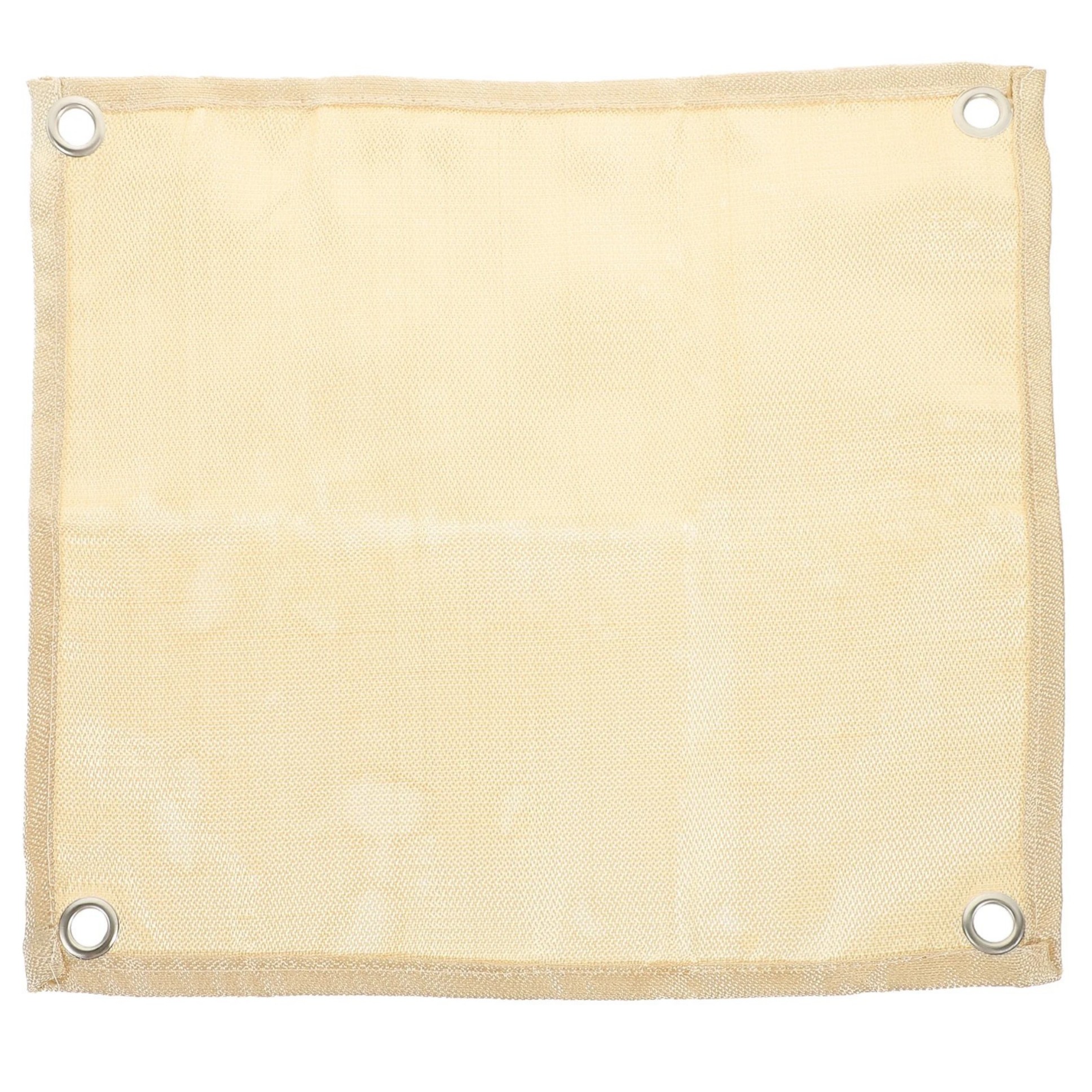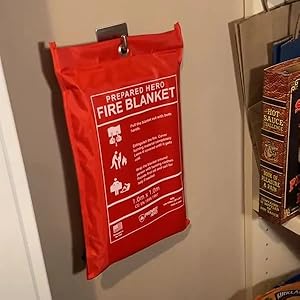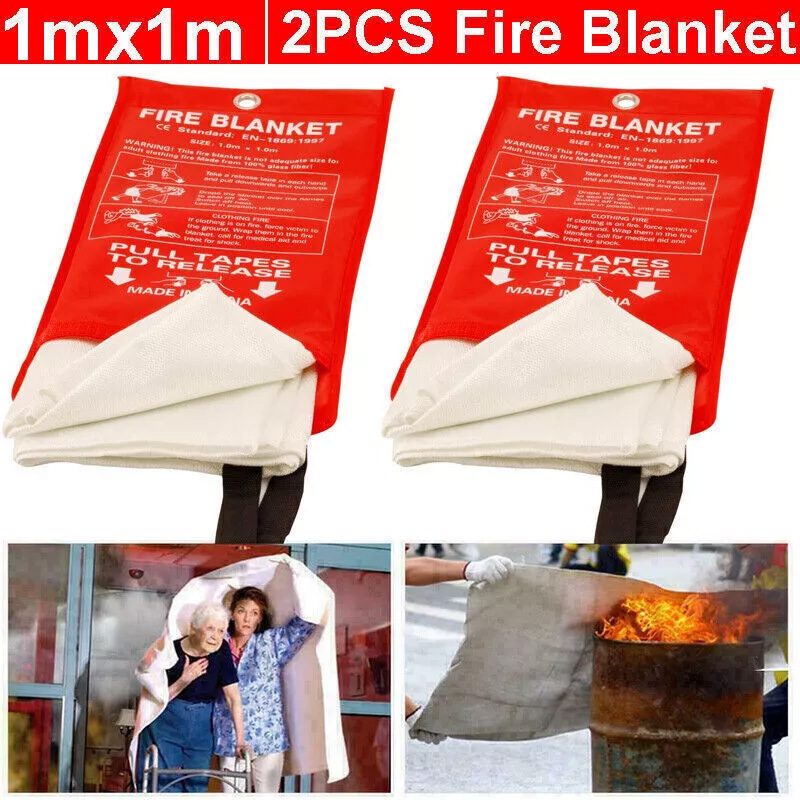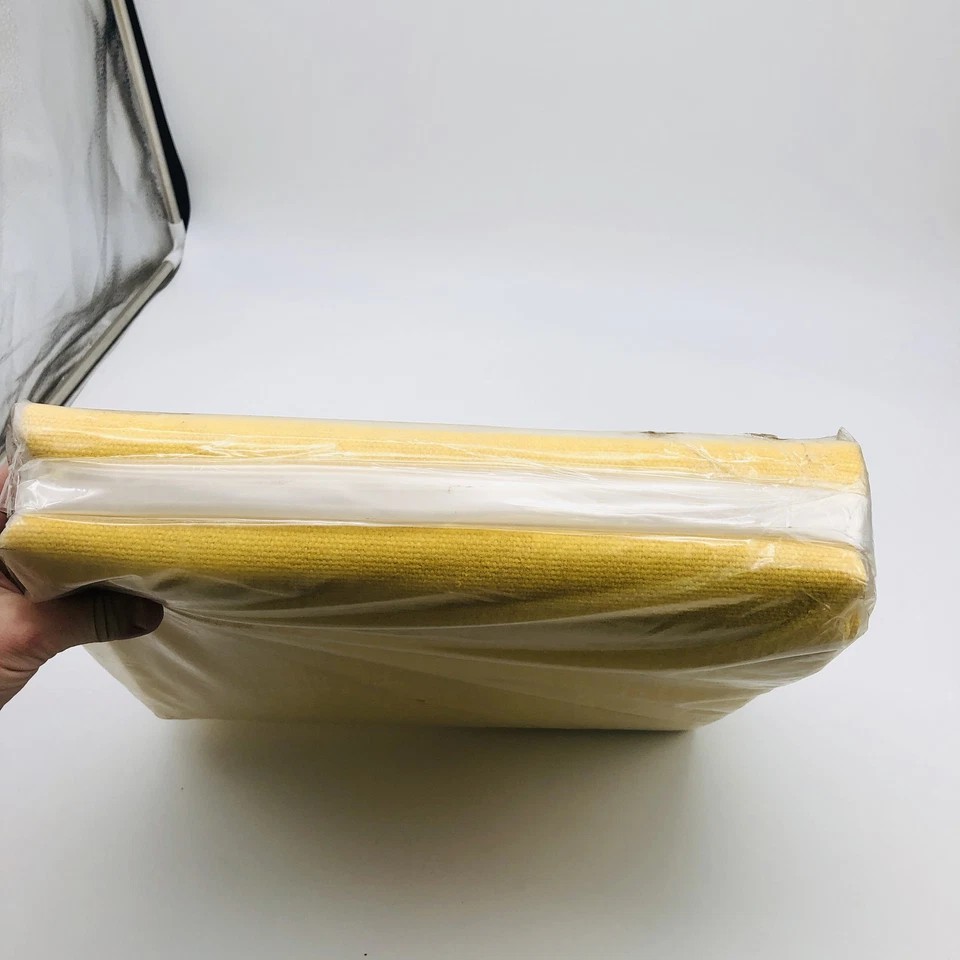How to Use a Fire Blanket for Oil Fires: Safety Guide & Tips
Summary:Learn how fire blankets effectively smother oil fires by cutting off oxygen. This guide covers proper usage, safety precautions, and why they're essential for kitchen safety.
Understanding Oil Fires and Fire Blankets
Oil fires are dangerous because water makes them worse. When cooking oil catches fire, it can spread quickly. A fire blanket oil firesolution works by smothering the flames, cutting off their oxygen supply. These blankets are made from flame-resistant materials like fiberglass or wool.
You should keep a fire blanket within easy reach in your kitchen, especially if you frequently fry foods. Unlike fire extinguishers, blankets don't create mess or damage appliances. They're perfect for small, contained oil fires that haven't spread beyond the pan.
How to Properly Use a Fire Blanket on Oil Fires
When facing an oil fire:
- Turn off the heat source if it's safe to do so
- Grab the fire blanket by its tabs or corners
- Hold the blanket like a shield between you and the fire
- Gently place it over the burning pan, covering completely
- Leave the blanket in place for at least 15 minutes
Never throw the blanket - this can spread flames. The fire blanket oil firetechnique works best when applied carefully. Remember to protect your hands and arms while approaching the fire.
Why Fire Blankets Beat Water for Oil Fires
Water causes oil fires to explode because:
- Water sinks below the hot oil
- It instantly vaporizes, expanding 1,700 times
- This explosion spreads burning oil everywhere
A fire blanket oil fireapproach avoids these risks. The blanket's material can withstand temperatures up to 900°F (482°C), making it ideal for kitchen fires. Unlike chemical extinguishers, blankets leave no residue that could contaminate food.
Choosing the Right Fire Blanket
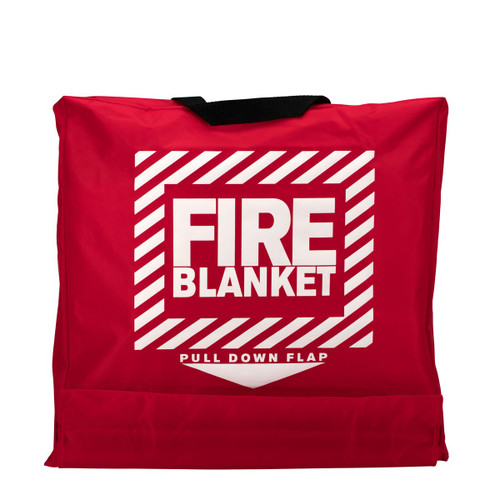
Look for these features:
- Size: At least 39" x 39" to cover standard pans
- Material: Fiberglass with fire-resistant coating
- Certification: Meets safety standards like BS EN 1869
- Packaging: Easy-open container with clear instructions
Store your fire blanket oil firesafety tool near the stove but not directly above it. Heat can damage the blanket over time. Check expiration dates and replace if the packaging shows damage.
Maintenance and Safety Tips
To ensure your fire blanket works when needed:
- Practice removing it from its container
- Inspect annually for tears or damage
- Replace after use (even if it looks fine)
- Teach all household members how to use it
Remember that fire blanket oil firesolutions have limits. For large fires or if the blanket doesn't work immediately, evacuate and call emergency services. Your safety comes first.
Common Mistakes to Avoid
People often make these errors with fire blankets:
- Waiting too long to use it
- Not covering the entire fire source
- Removing the blanket too soon
- Storing it improperly (near heat or moisture)
A fire blanket oil fireresponse works best when you act quickly but calmly. Never attempt to move a burning pan - this spreads flames. Keep your face protected when approaching the fire.
When Not to Use a Fire Blanket
Fire blankets aren't suitable for:
- Electrical fires (turn off power first)
- Large fires that have spread beyond the pan
- Grease fires in deep fryers (use Class K extinguisher)
- Outdoor grill fires (use baking soda instead)
For these situations, the fire blanket oil firemethod won't be effective. Know your alternatives and when to evacuate instead of fighting the fire yourself.


